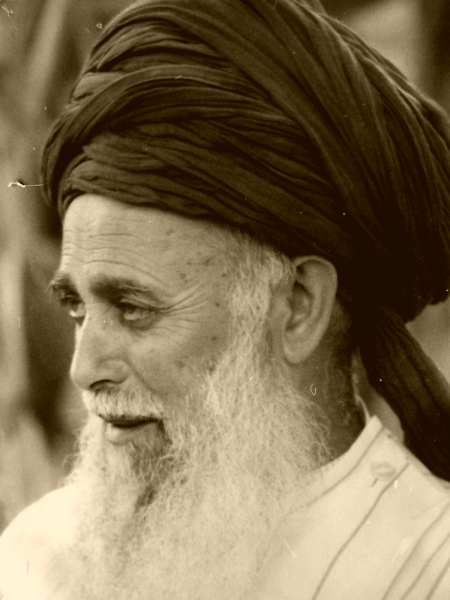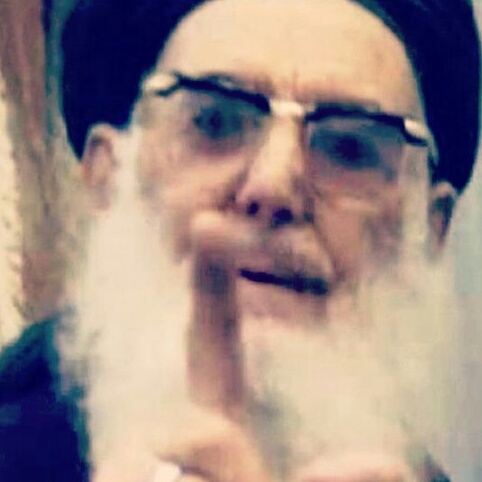
Futuhat al-Makkiyya
“‘…I said: “Once in a visionary experience (waqi’a) I had, I saw an individual circumambulating [the Ka’ba], who told me that he was among my ancestors and gave me his name [124]. Then I asked him about the time of his death, and he told me it was 40,000 years [earlier]. So I proceeded to ask him about Adam, because of what has been established in our chronology concerning his period [i.e., that it was much more recent]. Then he said to me: “Which Adam are you asking about? About the most recent Adam?”
“124. This encounter is described in greater detail in chapter 390 of the Futuhat (devoted to the inner meaning of “time”, al-zaman), in a passage (III 459.8-14) which clearly brings out the…character of this particular experience. “Now God caused me to see…while I was going around the Ka’ba…” There this mysterious “ancestor” also reminds Ibn Arabi of the hadith of the Prophet stating that, “God created 100,000 Adams.” [Al-Futuhat Al Makkiya: The Meccan Revelations. Ibn Al ‘Arabi. Volume 1. P. 222. Translated by William C. Chittick & James W. Morris. Pir Press. New York. ISBN 1-879708-16-7]
Mercy Oceans

“Our GrandShaykh says, ‘Knowledge is an endless ocean…Saints know about from before the time of Adam (peace be upon him)….Our GrandShaykh said that this is the period of our father Adam (peace be upon him) and his sons. We are living in it now. But before our father’s period, so many Adams have been created-no one knows their (exact)number!…Each Adam, and his sons were generally like us, in that they may be recognized as sons of Adam. All are servants of our Lord. Also, He Almighty, alone, knows how many Adams will come after us, how many periods there will be….Our GrandShaykh says, ‘Allah Almighty was addressing those Adams that were created before our father, Adam (peace be upon him) with the secrets of the Holy Quran. Quran, the Holy book, contains endless secret knowledge. Its secrets are such that you can find, included in it, all news from before and after us.” (Mercy Oceans: The Teachings of Maulana Abdullah al-Faizi ad-Daghestani, on p. 104-105)

